Dhaka, June 25 (V7N) — The International Crimes Tribunal has appointed state defence counsel for former Prime Minister Sheikh Hasina and former Home Minister Asaduzzaman Khan Kamal in a high-profile case involving alleged crimes against humanity committed during the July–August mass uprising.
On Tuesday, the tribunal assigned Amir Hossain—former special public prosecutor of Dhaka’s Special Judge Court-8 and a lawyer reportedly aligned with the Awami League—to represent the two former officials in court.
The decision follows the tribunal’s earlier move to set July 1 as the date for a formal hearing on the framing of charges against Hasina and two other accused individuals. The three-member panel is headed by Justice Md Golam Mortuza Mojumdar.
Details of the Case
The case centers around allegations of crimes against humanity that were purportedly committed during the 2024 mass uprising that led to the collapse of the Awami League-led government. The tribunal has been tasked with investigating incidents of extrajudicial killings, enforced disappearances, torture, and widespread abuses during that period.
Among the three accused, former Inspector General of Police (IGP) Chowdhury Abdullah Al-Mamun has already been arrested and is currently being held in custody.
Sheikh Hasina and Asaduzzaman Khan Kamal, both of whom are not currently in detention, have not appointed private legal representation, prompting the tribunal to assign state-appointed counsel in accordance with judicial procedure.
Tribunal Procedure and Context
The appointment of a state lawyer at this stage signals that the tribunal is moving forward with the formal charge proceedings. If the court finds sufficient grounds, charges will be officially framed, and the case will proceed to trial.
Legal analysts note that this is a rare and unprecedented legal development in Bangladesh’s history, as it involves the prosecution of a former head of government for alleged wartime crimes, albeit under a new political and judicial context shaped by the aftermath of regime change.
The tribunal has emphasized that the rights of all accused will be upheld and that the state is committed to ensuring due process under both domestic and international law.
END/KMD/SMA/



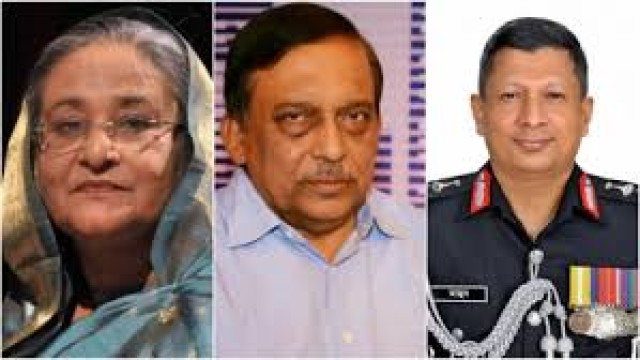
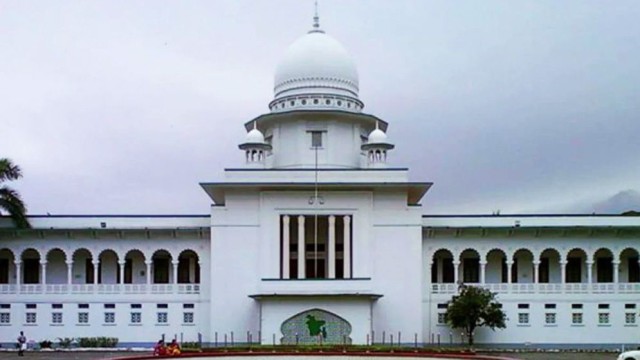
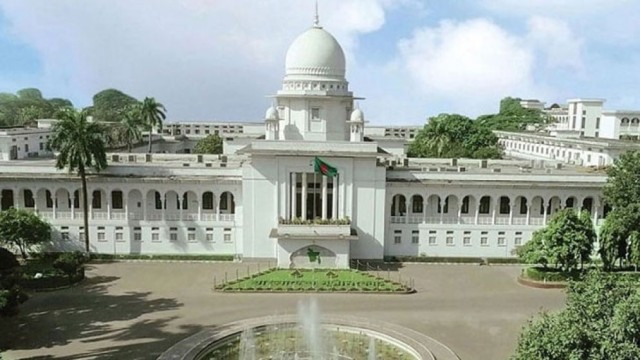
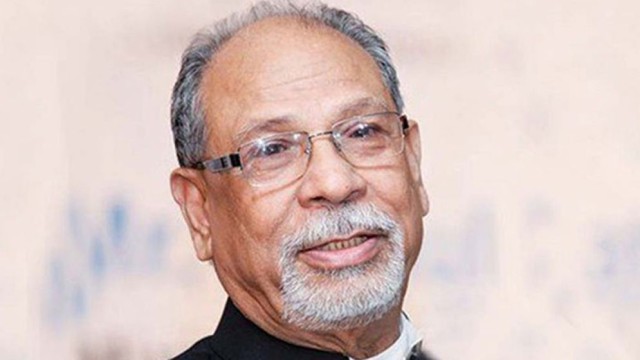
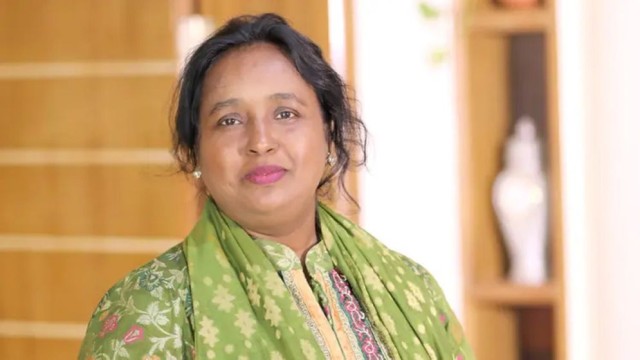
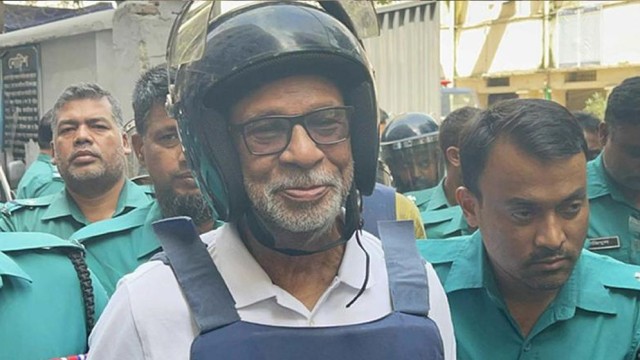
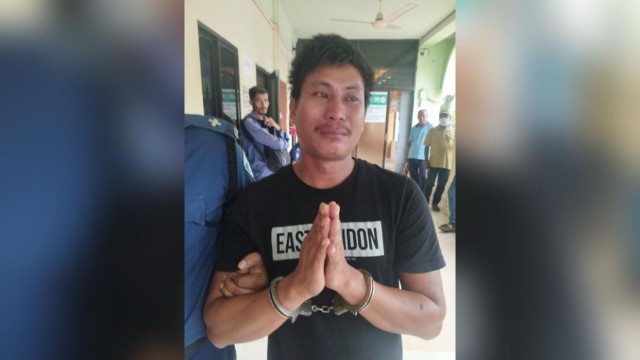
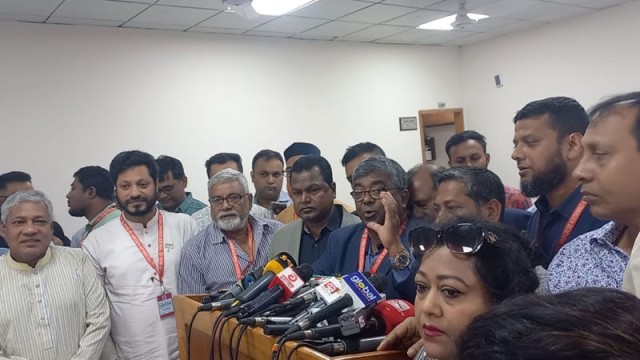
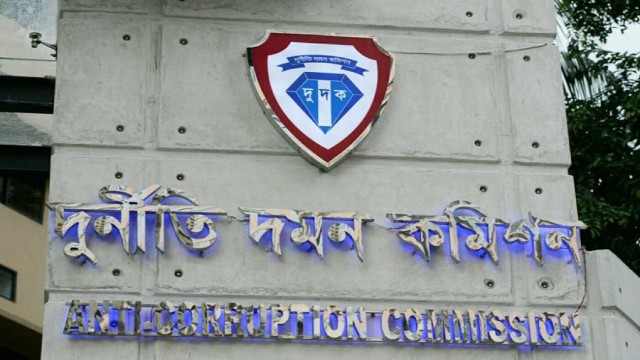
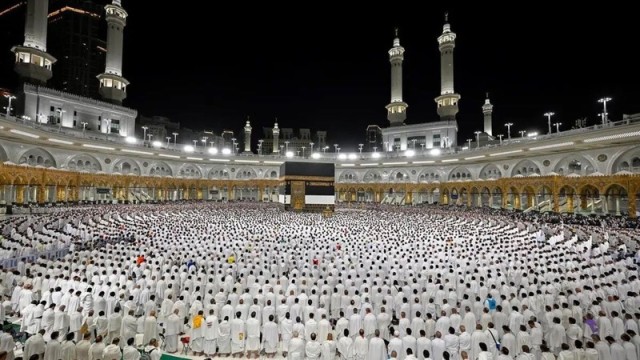
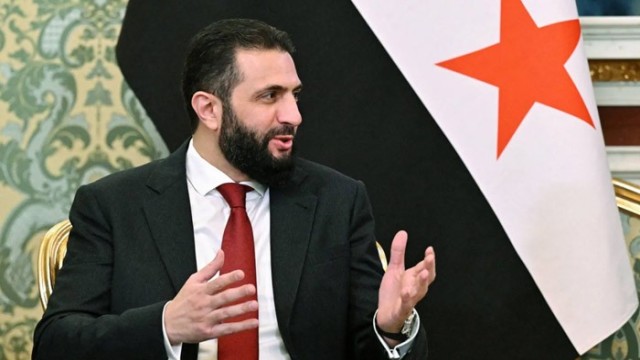
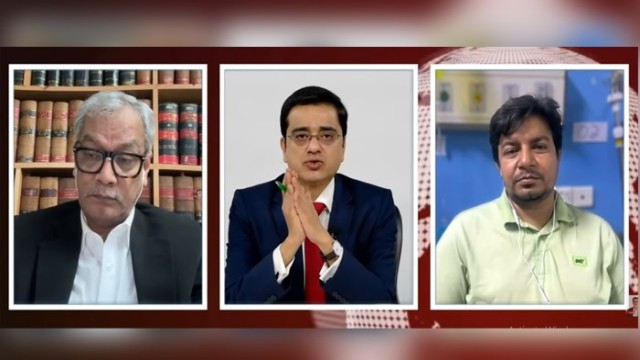

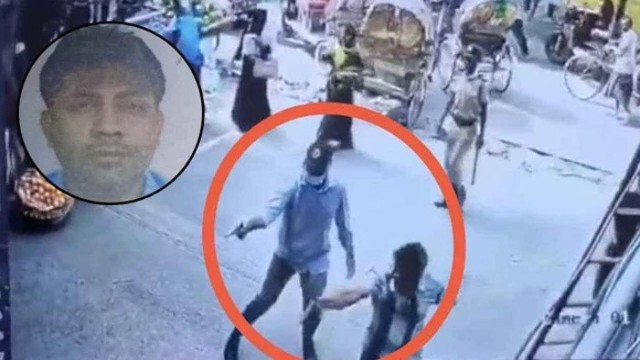
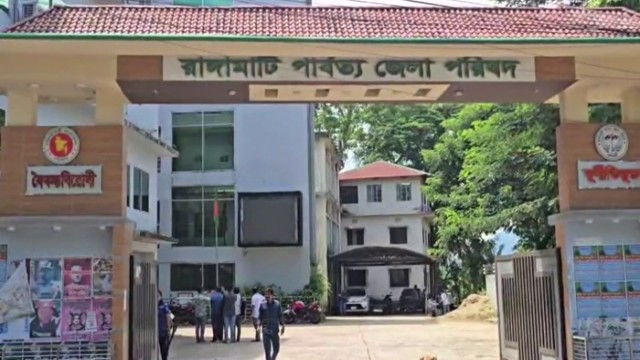
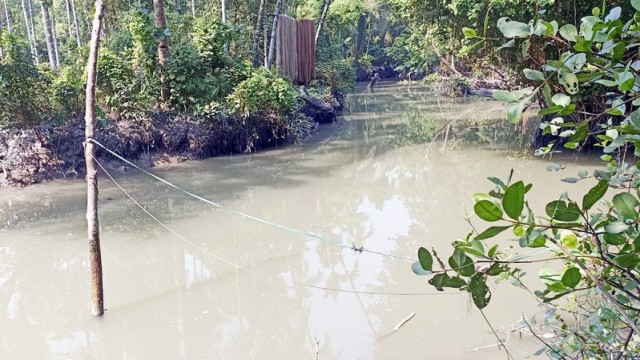
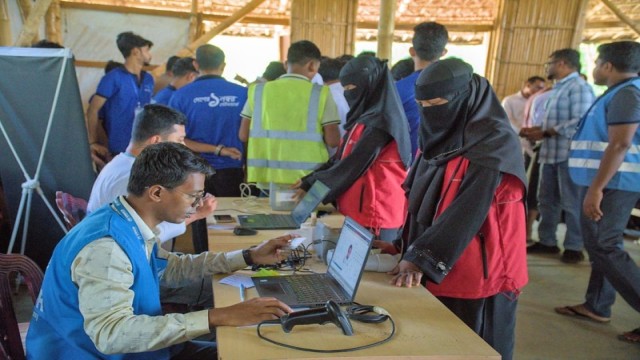


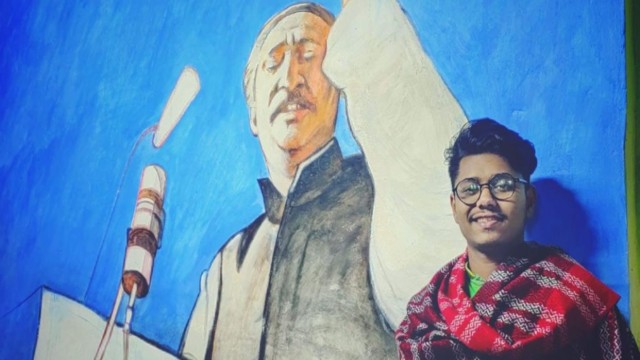
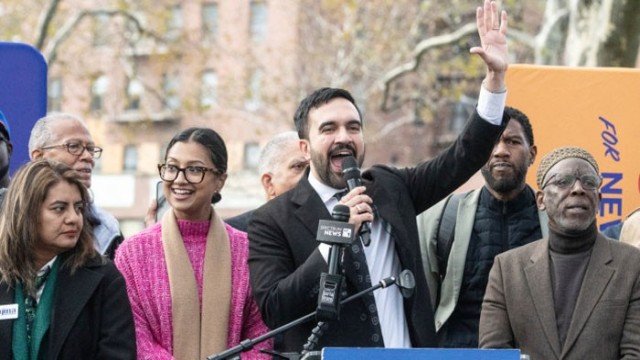
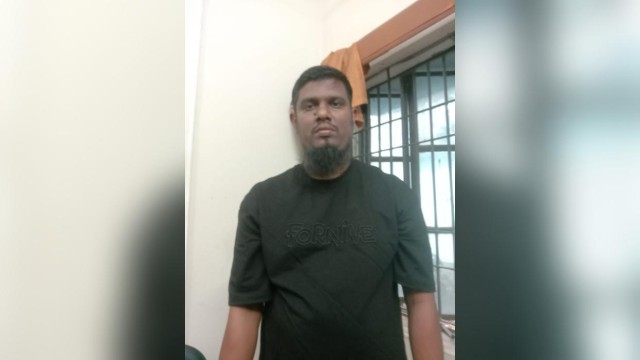
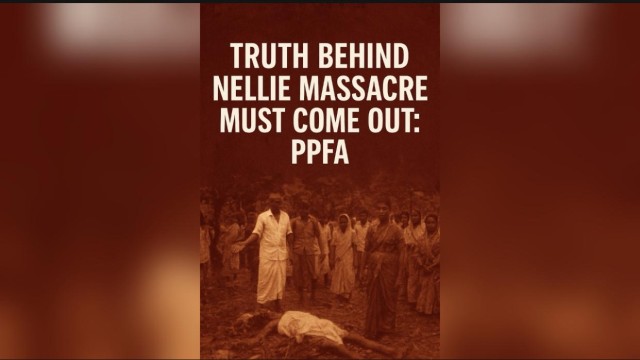



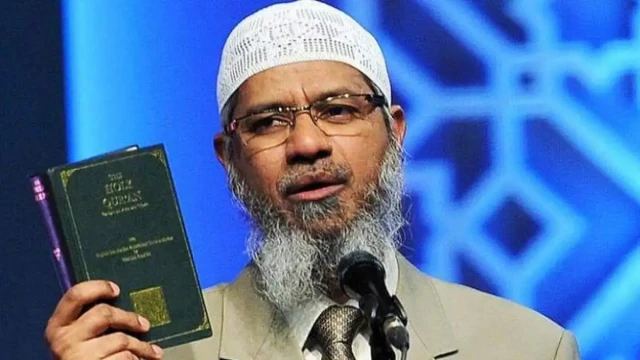
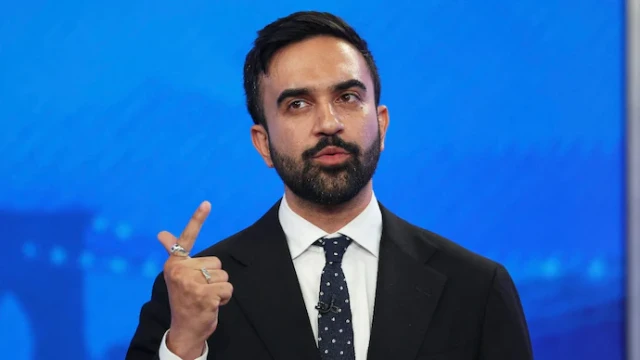
Comment: